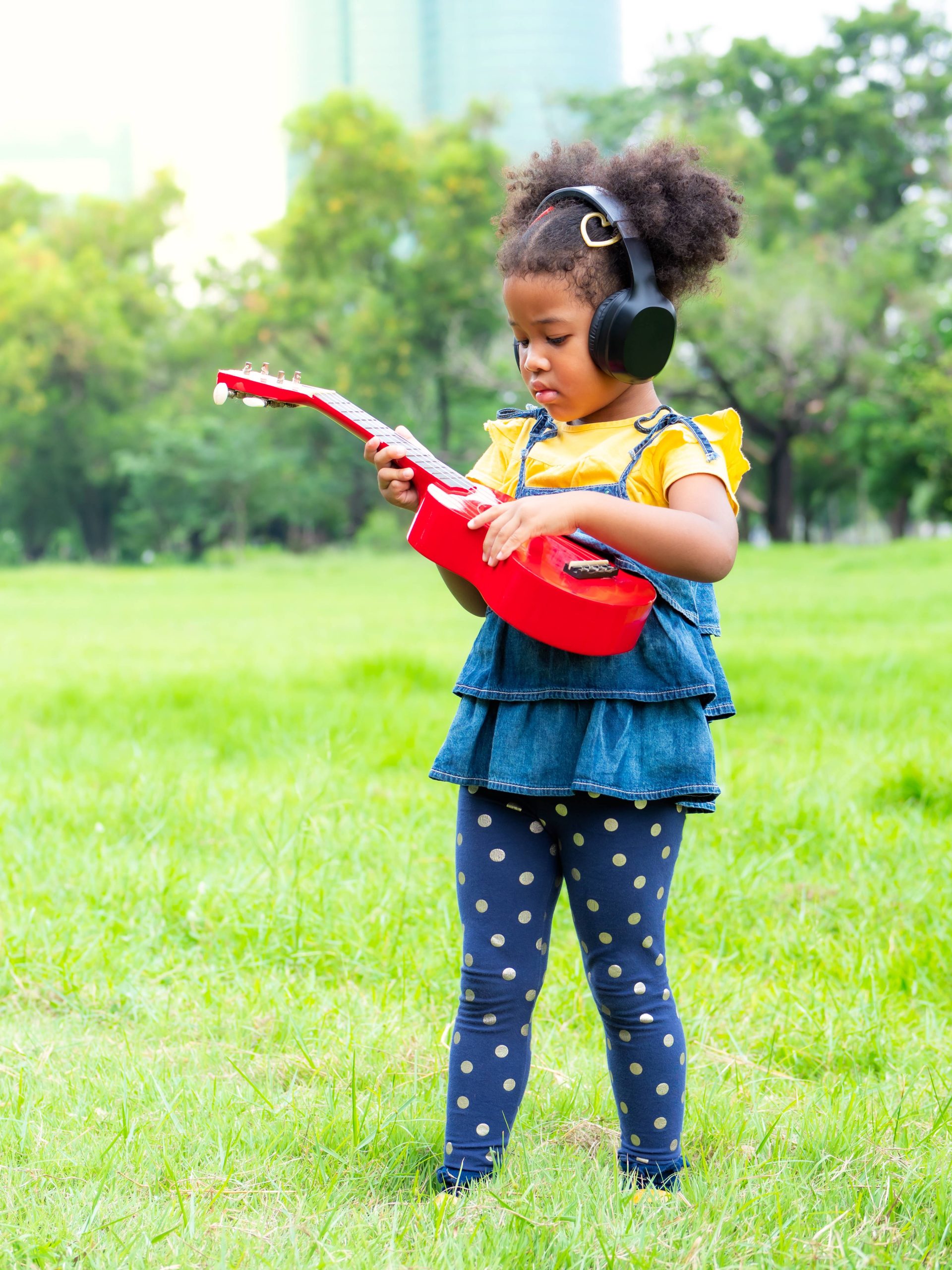Melodies of Learning: Kindergarten Music Skills
Melodies of Learning: Kindergarten Music Skills
Introduction
Music is often overlooked in early childhood education, but it can significantly benefit children’s cognitive, social, and emotional development.
Importance of Kindergarten Music Education
Kindergarten music education helps children develop language, memory, and motor skills while fostering creativity and cultural appreciation.
Crucial Music Abilities
Key music skills for kindergarteners include listening, understanding rhythm and melody, group singing, and basic music notation.
Parental Involvement
Parents can support their children’s musical education by exposing them to diverse genres, engaging in musical activities at home, and encouraging creativity.
Listening Skills in Kindergarten
Developing listening skills in kindergarten involves exposure to various musical genres, active listening techniques, and participation in musical activities.
Key Strategies
- Expose children to diverse music
- Encourage active listening
- Use visual aids
- Play musical games
- Attend live performances
Basic Musical Concepts
Kindergarteners should learn basic musical concepts like pitch, rhythm, melody, harmony, tempo, dynamics, timbre, and form.
Rhythm and Movement
Rhythm and movement activities help children develop coordination, timing, and emotional expression through music.
Developing Skills
- Encourage clapping and movement
- Use percussion instruments
- Dance to music
- Use movement for expression
- Participate in group activities
Musical Notation
Learning musical notation in kindergarten supports music comprehension, creativity, and collaboration.
Creativity
Encouraging creativity in kindergarten through imaginative play, artistic expression, storytelling, and risk-taking fosters critical thinking and problem-solving skills.
